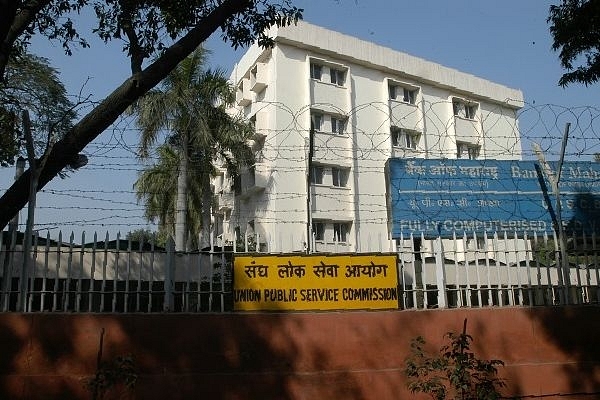
RSS Demands Scrapping Aptitude Test From UPSC Exams, Says Interviews Should Be Standardised To Check Non-Uniformity
A high-level deliberation committee including leaders of the Rastriya Swayamsevak Sangh (RSS) and members of the UPSC among other officials have several made recommendations regarding amendments to the selection criteria followed by the UPSC, The Print reports.
Among its recommendations, the committee has said that the aptitude test, or Civil Services Aptitude Test (CSAT) should be scrapped as it affords test-takers in English an advantage over others.
“We want the government to do away with CSAT because it is not really needed as a qualifying examination. It does not test the relevant skills of a person who is aspiring to be a serving officer in the government. Also, 90 per cent of those who qualify from the exam are from English medium backgrounds. People who write the exam in Hindi are left out because of CSAT,” said Devendra Singh, national convener, competitive exams, for the RSS affiliated Shiksha Sanskriti Utthan Nyas.
It should be noted that the RSS recommendation is in-line with the UPSC’s own advice to the government earlier in the year.
The RSS has also asked for the interview process to be standardised to ensure that candidates do not suffer from non-uniformity in judging criteria during the interview round.
“Some panels are liberal and they give easy marks, while some other panels are strict and mark people abysmally. Ultimately, the future of a candidate depends upon the kind of panel he is interviewed by, which is extremely unfair. There should be a uniform criterion for interview,” Singh said.
The committee also recommended that the UPSC should put out answer keys for the preliminary exams immediately instead of waiting for the whole process to be completed.